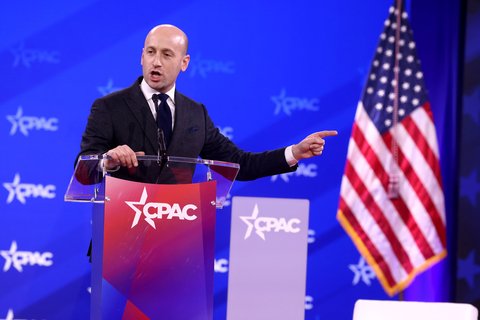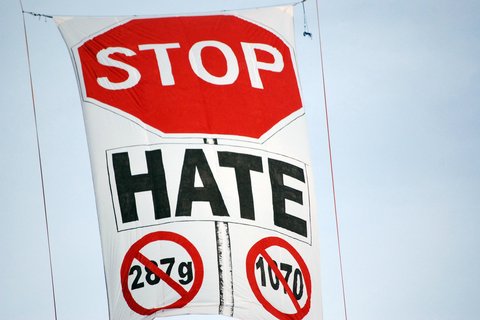Racial inequality remains deeply embedded within U.S. social and economic structures and although the U.S. has long been considered “a nation of immigrants,” the question of who those immigrants are and where they come from, has provided fertile ground for exclusionary and bigoted policies for over 200 years. The projection that the U.S. will no longer be a majority White country sometime in the mid-21st century has reinvigorated White supremacist anxieties present in the U.S. since its founding. A well-funded and organized constellation of organizations with direct ties to racist eugenics and White nationalism are now at the forefront of efforts to slow this demographic trend.









